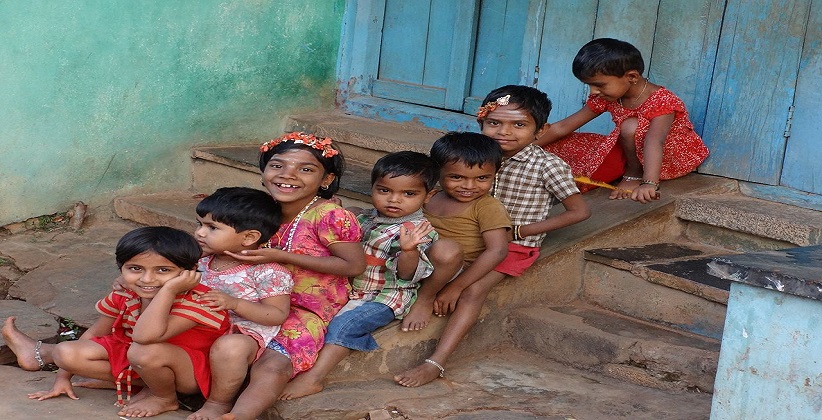Recently, a PIL petition was filed in the Supreme Court by activist Anupam Bajpai, urging the Court to direct the center to adopt the two-child policy norm in family planning. The petition has been filed by taking into concern the depleting level of natural resources by the growing population which has led to land degradation, dangerous levels of pollution, global warming and depletion of ground and surface water.
Mr. Anupam in his petition has said that the couples who followed the policy should be rewarded with incentives, while those who violated the norm should be punished by withdrawal of government facilities and concessions.
The Supreme Court may soon take up this plea for hearing, so before that let's check what are the intricacies and implications of the two-child policy norm.
The two-child norm is a family-size control policy modeled on Chinas one-child policy (1979), this policy encourages parents to limit their families to two children and prescribes disadvantages for families with more than two children. Disadvantages include disqualification from panchayat council positions, denial of certain public services and government welfare programs like maternal and child health programs.
It is no secret that Chinas one-child policy has created far-ranging side effects and societal problems in China today. Despite the problems associated with such policies, India has been walking on the same lines of creating a family planning legislation since a long time now. Without any action from the center, the States have now taken upon themselves to maintain the national population.
Till now 12 States in India have implemented the two-child policy at some point. Namely, Bihar, Himachal Pradesh, Madhya Pradesh, Rajasthan, Haryana, Andhra Pradesh, Odisha, Chhattisgarh, Gujarat, Maharashtra, Uttarakhand, and Assam being the newest. Madhya Pradesh, Chhattisgarh, Haryana, and Himachal Pradesh later revoked their two-child policy laws.
Many studies have revealed that the laws did reduce the family size in the States, but severely affected the sex ratio. Moreover, it has also been witnessed that in these States the rate of divorce and abandonment had increased several folds during this time, leaving the women in a helpless situation as most of them are illiterate and often unaware of the two-child policy.
The Supreme Court and the Government indeed have the interest to maintain the population of the Country, but such policy should not be adopted blindly, and all the implications together with the past examples should be taken into consideration. A well-thought policy should be implemented, circumventing all the negative effects that have been witnessed till now.









